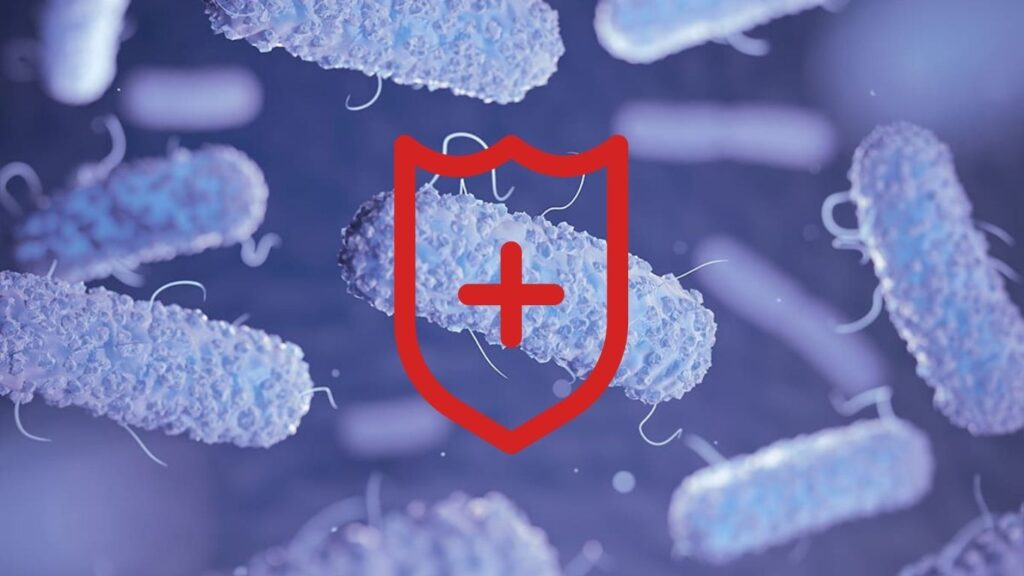E. coli outbreaks continue to pose a significant public health threat worldwide, affecting many through contaminated food and beverages. In this discussion, we examine the notable E. coli incidents of 2024, analyzing their origins, the consequent impacts on public health, and essential preventative strategies. Our exploration aims to offer a comprehensive understanding of these outbreaks and suggest practical measures to mitigate future risks, thereby safeguarding communities and improving food safety standards globally.
E. Coli Outbreaks: Recent Cases and What You Need to Know
Recent E. Coli Outbreaks

Raw Milk in Washington
Early in 2024, a significant E. coli outbreak in Washington state was traced to raw milk products from Cozy Vale Creamery. The contaminated items were quickly recalled, and health authorities have been vigilantly monitoring the situation to avert further health issues. This proactive response highlights the importance of swift action and ongoing surveillance in managing foodborne illness outbreaks.
Organic Walnuts
In April 2024, a multistate outbreak of E. coli O157 linked to organic walnuts from Gibson Farms resulted in multiple hospitalizations but no deaths. By July, after extensive tracking and recall actions by the CDC and FDA, the outbreak was successfully concluded. This incident underscores the importance of prompt and effective public health responses in managing foodborne disease outbreaks.
Restaurant-Linked Outbreaks
A significant E. coli outbreak occurred at Harbor Grille in Lakeside, linked to contaminated wagyu beef, resulting in one death and several other cases of illness. This incident highlights that even upscale dining venues are not immune to the risks of foodborne pathogens, emphasizing the importance of stringent food safety protocols across all types of food establishments to protect public health.
Raw Cheddar Cheese
The Raw Farm brand raw cheddar cheese outbreak was a notable instance, with multiple states affected by E. coli infections. Despite extensive testing and product recalls, pinpointing the exact source of contamination proved challenging for public health authorities, complicating their efforts to control the spread of the outbreak. This case underscores the difficulties in managing foodborne illness outbreaks even with rigorous health safety protocols in place.
Fast Food Chain Incidents
In July 2024, Chipotle was once again under the microscope due to a new E. coli outbreak that impacted people in Oklahoma, Kansas, and North Dakota. This recent incident underscores the persistent challenges fast food establishments face in maintaining food safety standards, highlighting a crucial area for industry improvement and regulatory focus to prevent future health risks.
Understanding E. Coli
Escherichia coli, commonly known as E. coli, are bacteria that naturally inhabit the environments, foods, and the gastrointestinal tracts of humans and animals. Most E. coli strains are benign, playing a crucial role in the healthy microbial flora. However, the Shiga toxin-producing E. coli (STEC), a virulent strain, is notorious for causing severe foodborne illnesses. Infection with STEC can result in symptoms ranging from intense abdominal cramps and bloody diarrhea to vomiting. In severe cases, the infection can lead to life-threatening complications like hemolytic uremic syndrome (HUS), a form of kidney failure. These symptoms typically manifest within a few days of consuming contaminated food or water, underscoring the importance of prompt diagnosis and management to prevent serious health outcomes.
Prevention Tips

To mitigate the risk of E. coli infection, it is crucial to practice the following safety measures:
- Cook Meats Thoroughly: Ensure that meats, especially ground beef, are cooked to a safe internal temperature of 160°F.
- Avoid Raw Dairy Products: Unpasteurized milk and cheeses can be a significant risk factor.
- Proper Hygiene: Regular hand washing, especially before meals and after handling animals or visiting animal environments, is essential.
- Wash Produce: Thoroughly wash raw fruits and vegetables.
- Be Cautious of Cross-Contamination: Use separate cutting boards for meats and vegetables and clean surfaces diligently after food preparation.
Conclusion
Recent E. coli outbreaks underscore the persistent dangers of foodborne pathogens. Effective public health responses, combined with increased consumer awareness and proper hygiene practices, are essential in addressing these threats. Staying informed about the sources of outbreaks and implementing preventative measures can significantly reduce the risk of infection. By adopting safe food handling practices, consumers can protect their health and contribute to the well-being of their communities. These proactive steps are crucial in combating the spread of E. coli and other foodborne illnesses, ensuring a safer food supply for everyone.
Also read: Cold Agglutinin Disease and Winter: How to Manage Symptoms During Cold Weather
